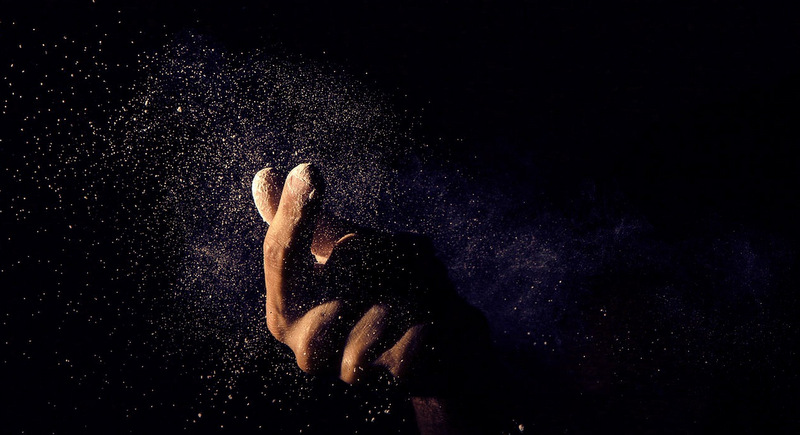The Nolan Brothers’ movie, Interstellar, is the best science fiction flick I have seen in a long time. It holds together what great science fiction always has: the fantastical, the futuristic, and the human, along with something of the supernatural. In that, it manages to seriously question, to explore, and to teach.
The movie centers on a pilot-turned-astronaut, Cooper (Matthew McConaughey), and his mission with several other teammates to discover a habitable planet in another solar system. To get to this system, they travel past Saturn into a wormhole–a door into another system with several potentially habitable planets–which seems to have been “placed” there by a power and intelligence the NASA staff refer to as “Them.”
By this point in the movie you can already sense there is something about this film that is different. There is no interfering soundtrack, leaving aural room to think and feel, and the plot takes its time. But something particularly special takes place in the feel of the movie when characters, even scientific or skeptical ones, address “Them.”
By “Them,” the NASA staff members don’t necessarily mean aliens–they reference the name with credulity, respect, and awe. This earth, several decades into our own future, has nearly starved itself; manufacturing, higher education, and technological advance have almost completely stopped to make way for large-scale agriculture and massively scaled-down, simplified living. In some ways, many of the humans in this story have recovered a willingness to believe without understanding, a softness to the supernatural. Furthermore, they’re all amateurs: NASA is whittled down to a few dozen secret employees, and their only experienced air traveller, Cooper, has only ever been into the stratosphere.
This gives the characters who travel into outer space a purity and a newness–at times even a strange kind of sweetness–that you might only otherwise find in the pre-moon landing sci-fi from the early to mid-twentieth century when we still didn’t yet know what we were getting ourselves into. And so the film establishes, and maintains, what feel distinctly like spiritual dimensions as well as an interest in the spiritual consequences of entering technological and physical realms.
Yet by the end I found myself disappointed with where all this sweetness, this believing, goes. It moves into greater darkness, complexity, and ultimately emergency, as it should. But the emergence, the change caused by crisis, tries for awe at the explanation instead of deeper movement into mystery.
Floating in dark space, just his body against nothingness, Cooper falls into the heart of the wormhole. What he discovers there is a space-time hallway to key moments in his family’s life, moments that he can enter. He uses these windows to communicate to his daughter over several integral moments in her life which she had always mistaken for the benevolent communications of a “ghost.” This becomes the key to humanity’s survival, as he’s able to relay into the past crucial information gathered from the NASA mission.
And so the power of “Them” turns out to be human power projected toward the humans from a higher, future plane of existence, a plane humans will have achieved through “evolution.” This is probably the weakest point in the movie’s theological capacity. Far from a criticism unique to those interested in the spiritual dimensions of the film, the story itself seems to sense this weakness. Cooper finds the sophisticated alter-earth he ends up making possible is, in fact, rather creepy. There is no real relish this time around as Cooper drinks his beer outside a replica of his old earth home, the space station’s tunnel of white lights turning vertiginously in the background, and his grassy yard arching vertically behind him.
What we have at the end is still a mystery (how exactly do humans give their predecessors a wormhole to tumble into?), but a mystery that might have held a bit more…well, could we say “glory”? When robbed of true transcendence–a real, different, Other as “Them”–human salvation does not appear to render a wholly glowing, wholly hospitable effect.
Like older science fiction, Interstellar does not have the capacity to explain everything it explores, and despite the mind-blowing ending, doesn’t seem to want to. And this lack is one of its greatest virtues. Even with pseudo-scientific reasons behind what were previously assumed to be supernatural phenomena, the humans in the story are still left befuddled, sad, messy, and at the mercy of something larger than themselves; in this case, a bigger, better version of themselves waiting behind it all. If they didn’t find their happiness in the fifth dimension (and we wouldn’t, either, if we had the power of angels), this humanity’s hope for salvation, and ours, is the feeling, at the end of nearly three hours of lovely, symphonic storytelling, that there’s still something left to be desired.





